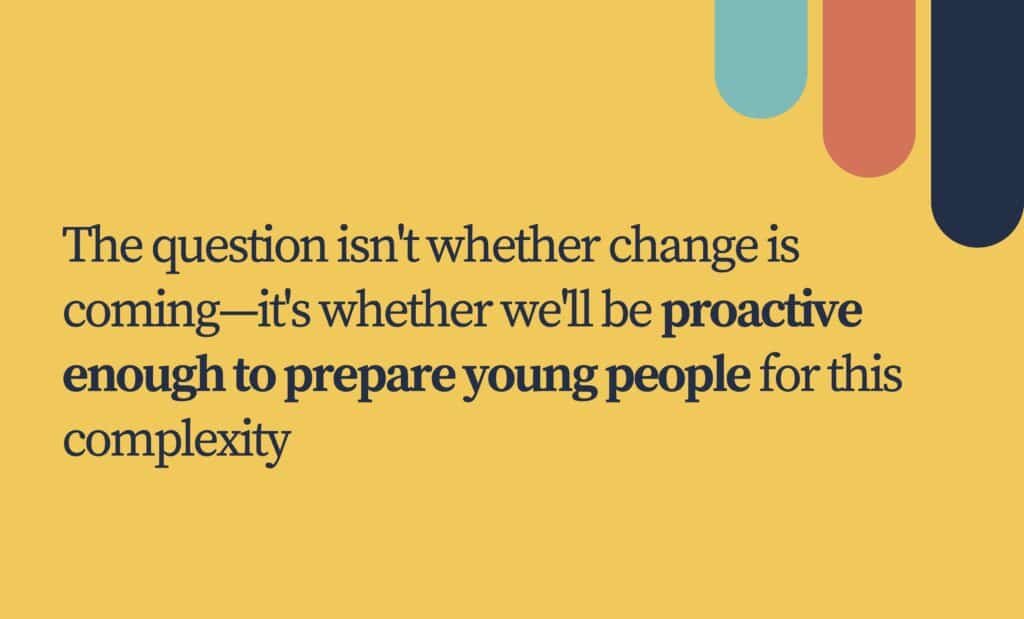The traditional promise—study hard, get a degree, find a good job—is breaking down. Recent research by Farooq Mughal from the University of Bath reveals that UK graduates are struggling to find work, often being rejected even from entry-level roles not because they’re unqualified, but because they’re seen as overqualified or too risky.
While this analysis focuses on the UK, the underlying dynamics signal a global shift that demands urgent attention. The connection between education and employment is fragmenting worldwide.
The Employability Paradox
What’s striking is how graduates are investing heavily in becoming employable through soft skills, adaptability, and professionalism, yet these efforts rarely guarantee jobs anymore. The burden has shifted entirely onto young people to become “work-ready” while ignoring systemic barriers like algorithmic hiring, market oversaturation, and automation.
Technology is reshaping opportunities at an unprecedented pace. Entry-level roles are shrinking due to automation and algorithmic hiring systems that privilege some over others. This isn’t just a UK problem—it’s a global challenge requiring coordinated responses.
Beyond Traditional Solutions
Mughal notes that well-intentioned policies often fail when labor markets reward privilege over merit. This highlights why we need comprehensive approaches that address systemic inequalities rather than expecting individual adaptation alone.
The research suggests shared responsibility: employers reviewing talent assessment, universities aligning with industry needs, governments addressing deep inequalities. But we need to go further—fundamentally reimagining what skills matter in a rapidly changing world.
The ComeThinkAgain Response
If traditional employment pathways are breaking down, young people need skills to create their own opportunities. Green skills and sustainable development aren’t just new career paths—they’re essential competencies for a future where environmental responsibility will be central to all sectors.
This is where initiatives like ComeThinkAgain become essential. By combining computational thinking, entrepreneurship education, and green skills, we’re preparing young people not just for jobs that exist today, but for challenges we can’t yet imagine.
Moving Forward
The employment landscape is changing whether we’re ready or not. Rather than seeing this as a crisis, we should view it as an opportunity to build something better. By equipping young people with diverse, interconnected skills, we can help them navigate uncertainty and create value that serves both their aspirations and society’s needs.
The question isn’t whether change is coming—it’s whether we’ll be proactive enough to prepare young people for this complexity, giving them capabilities to shape the future of work itself.
This reflection draws on an article by Farooq Mughal, published in The Conversation on May 21, 2025, exploring challenges facing young people in the UK job market and the breakdown of traditional education-to-employment pathways.
